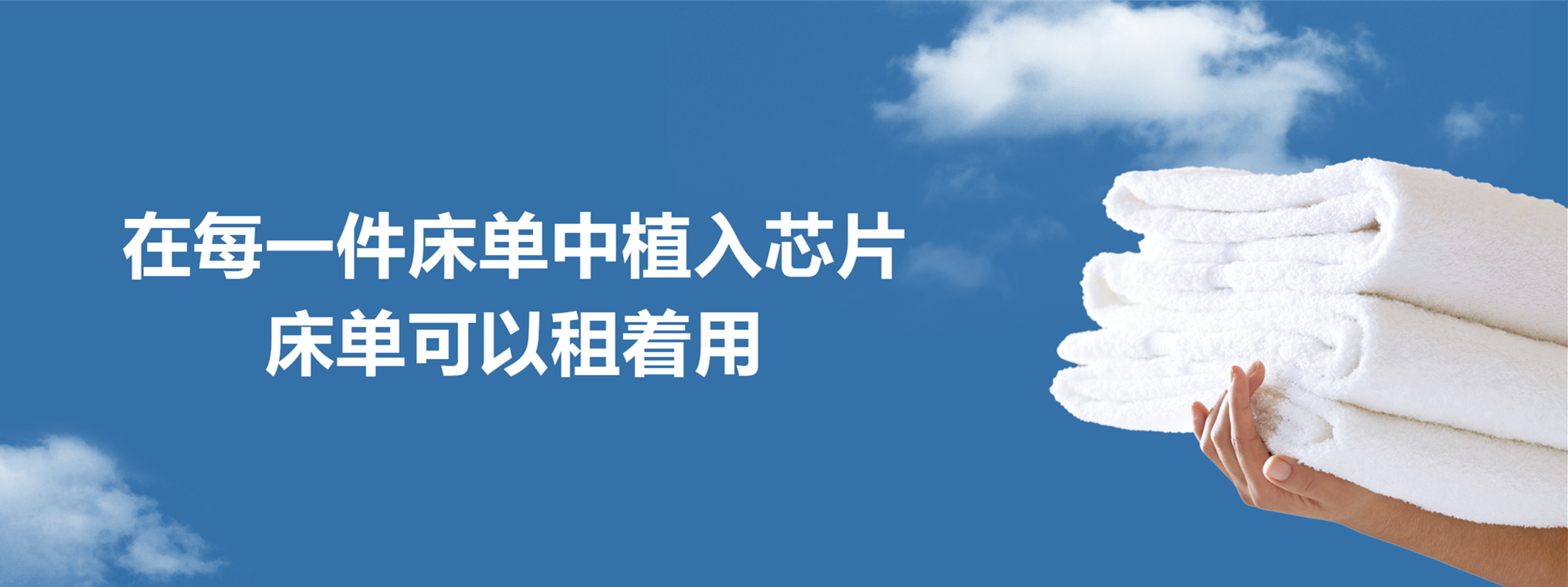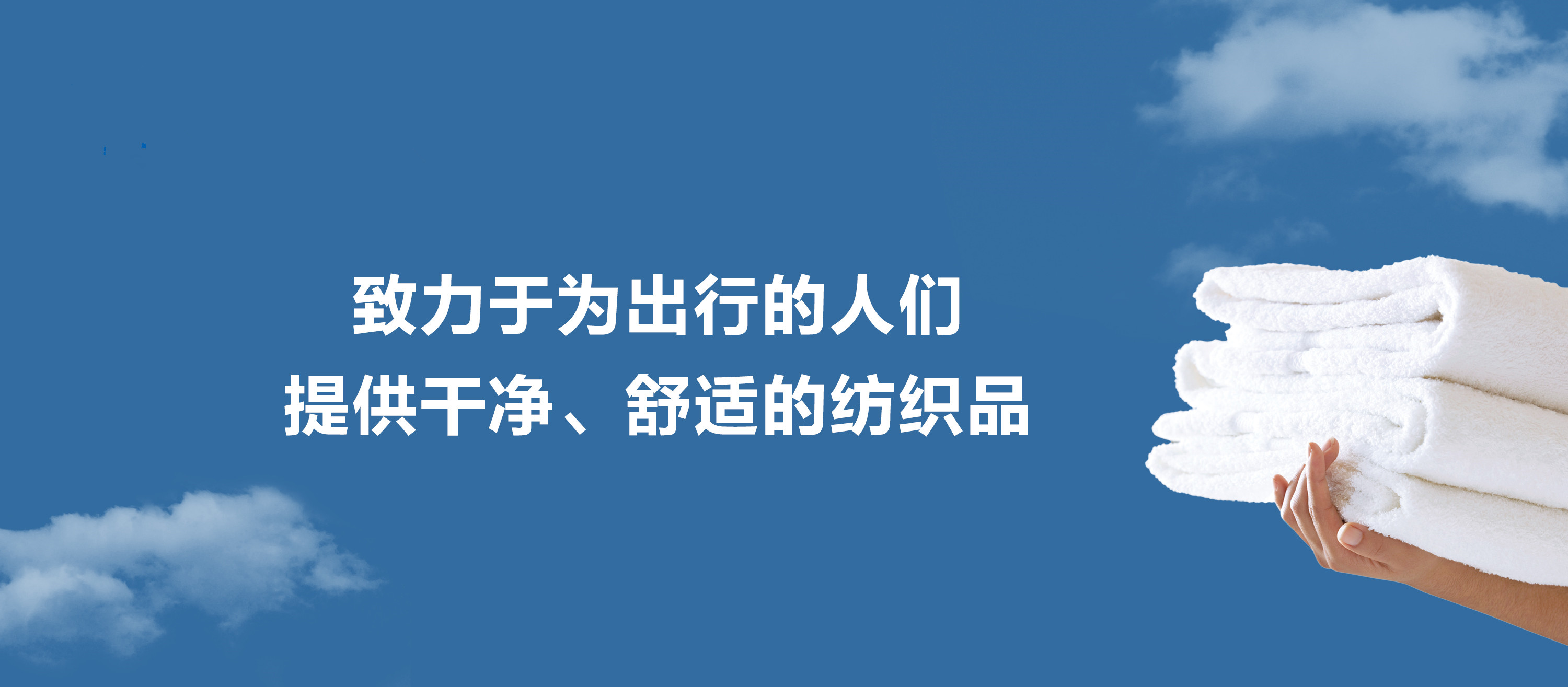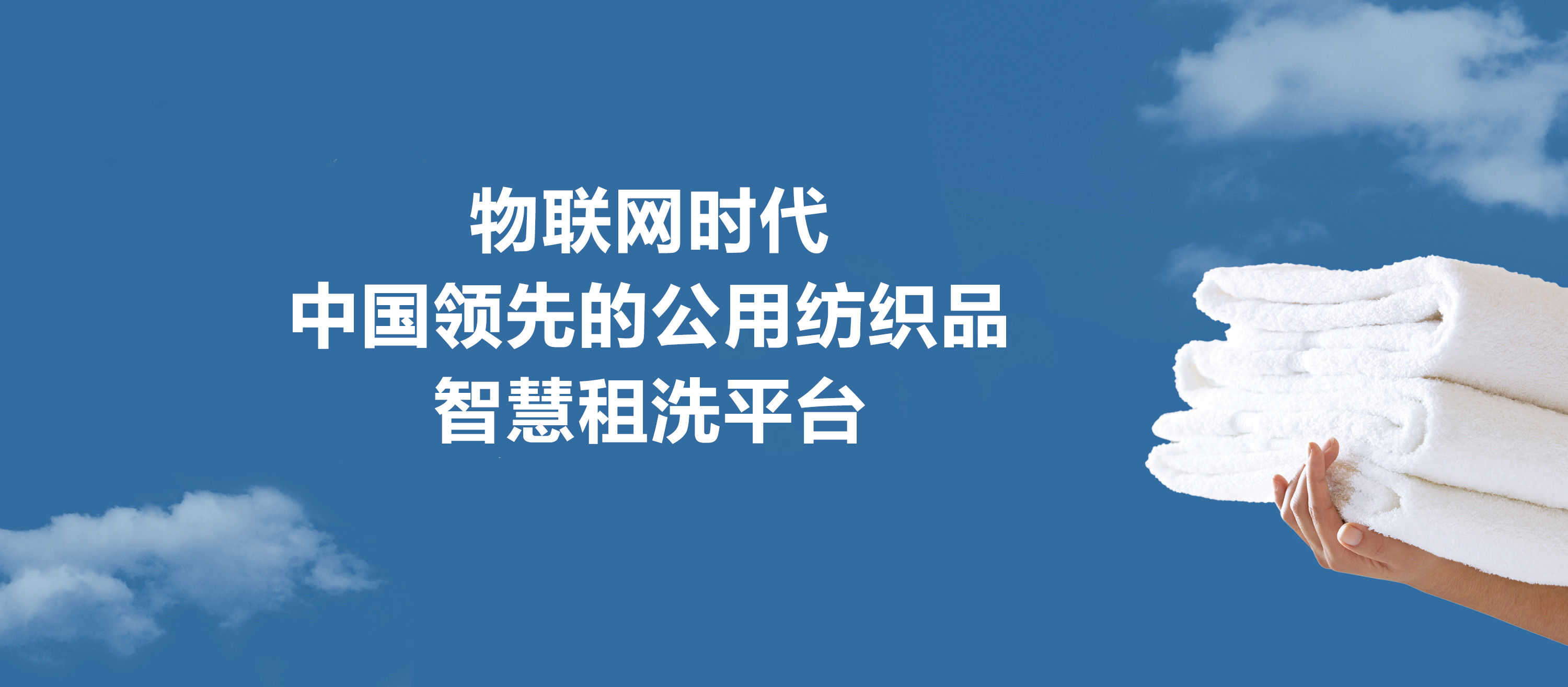South China Morning Post 南华早报报道:五星级酒店卫生丑闻后续:中国公司创新芯片技术,扫码即知布草洗涤历史
来源:South China Morning Post 南华早报报道
时间:2019年7月12日
入住酒店时,旅客最不能忍受的是有臭虫,但是中国的一种新的“植入”芯片服务追踪每张床单和毛巾在网上流传。中国中部(城市)武汉的一家洗衣服务公司将在床单、枕套和毛巾里植入芯片,旅客可以用手机读取这些芯片,来获得它们上一次清洗的日期。该服务还允许管理层跟踪每个单独的项目,在最近一系列高端酒店卫生条件差的丑闻之后成为网络热门。
上海丽思卡尔顿酒店和中国的其他五星级酒店,包括北京半岛酒店和上海华尔道夫酒店,在去年11月的一个揭露不卫生清洁行为的视频在线传播之后道歉。

这段视频很快引起了几千万人的关注,清洁人员用擦杯子的毛巾擦浴室和卫生间。大家强烈支持武汉洗衣店的举动,并呼吁将该系统应该全国推广。
一位微博用户说:“建议全国推广,每次出去住我都自己带床单。因为有一次我出去住后,全身出现了红点。”但有些人持怀疑态度,称二维码很容易受损,芯片中的数据也可能被篡改。另一位用户说:“洗过几次无所谓,我只是关心每个人走后是不是洗过。”
去年,武汉110家商业洗衣厂中有79家因为政府检查不合格后关闭。 总部位于北京开发该技术的蓝天智慧租洗公司称,这些芯片可以承受高达180摄氏度(356华氏度)的温度并可以洗涤200次。
China’s hotel hygiene scandals see sheets and towels microchipped to record washing history
The chips let travellers to hotels in Wuhan city check precisely when items were last washed by scanning a QR code.
Move comes after video exposing unhygienic cleaning practices went viral online last year, forcing apologies from a number of top five-star hotels.
Bugs in the bed might be the last thing guests want from a hotel stay, but a new microchipping service in China that tracks every sheet and towel has proved popular online. A laundry service catering to hotels in the central Chinese city of Wuhan has started installing wafer-thin microchips on bedsheets, pillow covers and towels – allowing travellers to scan a QR code on each item and check precisely when it was last washed. The service, which also allows management to track each individual item, has become an online hit following a series of recent scandals over poor hygiene at high-end hotels.
The Ritz-Carlton in Shanghai and other five-star establishments in China – including The Peninsula in Beijing and the Waldorf Astoria Shanghai – were forced to apologise last November after a video exposing unhygienic cleaning practices went viral online.
The clip, which quickly racked up tens of millions of views, showed cleaning staff wiping down in-room cups with the same towels and sponges used to clean showers and toilets. People broadly welcomed the Wuhan laundry’s move on social media, with many calling for the system to be rolled out nationwide.
“This system needs to be implemented throughout the country,” wrote one user on microblogging site Weibo. “I take my own bedsheets every time I travel. Once I got a bad rash after a hotel stay and was covered in red spots.”
But some were more sceptical, saying the QR code could be easily damaged or data in the chip could be tampered with.
“What’s the point in knowing how many times a bedsheet has been washed or the time when it was last in a washing machine without knowing whether the sheet was actually changed after the previous customer checked out?” wrote another.
Last year 79 of Wuhan’s 110 commercial laundries were shut down after being deemed substandard by government inspections, the Xinhua news agency reported, citing an unnamed official from the city’s economic planning body. The chips can withstand temperatures of up to 180 degrees Celsius (356 degrees Fahrenheit) and be washed 200 times, according to Bluesky TRS, the Beijing-based company that developed the technology.



